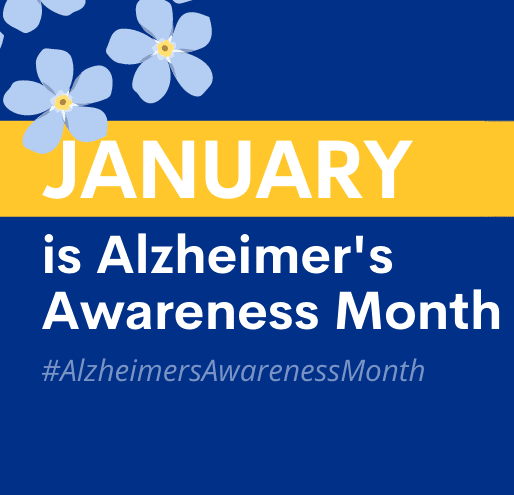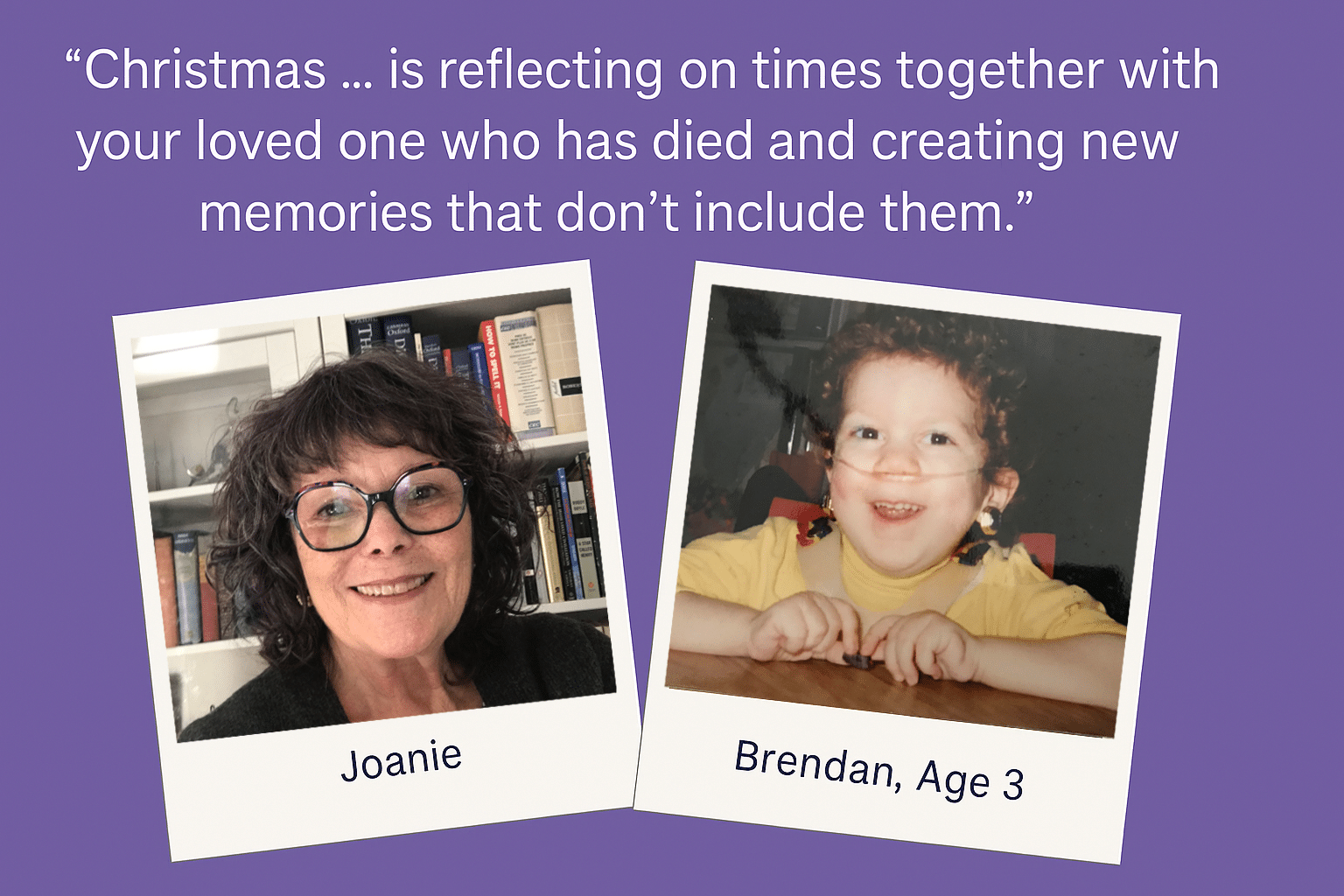Introduction: The Power of Presence
With deep compassion, quiet strength, and an open heart, Courtney Murrell walks alongside individuals and families during some of life’s most tender moments. As a Personal Support Worker (PSW) and passionate advocate for whole person-centred care, Courtney is committed to making the journey from hospice admission to imminent death as gentle and meaningful as possible.
On PSW Day, we honour the dedication of PSWs like Courtney, who offer not just physical support but emotional presence, deep listening, and the courage to sit with people in their most vulnerable moments. Known for her kind presence and unwavering support, Courtney also mentors the next generation of caregivers in the art and heart of palliative care.
Mind Wide Open: Stories from the Bedside
In Mind Wide Open, Courtney shares powerful stories from the front lines of hospice care – moments that show how curiosity, humility, and human connection can bring comfort and dignity at the end of life.
“Like any PSW, I have hundreds of stories I keep close to my heart of those I had the honour and privilege to care for, learn from and live alongside. Being a PSW is so rewarding. Every day I am gifted the experience of the power of caring and what it truly means to share space with people in their life right up until their death,” says Courtney.
Listening Beyond the Surface
In this story, Courtney recalls caring for a woman whose faith required her to use only distilled water for bathing. Weakened by cancer and refusing pain medication, she had gone without a bath for a long time. By gently asking about her beliefs and listening with genuine interest, Courtney built a bridge of trust. After reading scripture together, the woman accepted a warm bed bath.
“I remember caring for a woman of an incredibly deep and unshakeable faith. Her belief was that only distilled water could truly keep her clean and free from sin. In the few hours we had together before she died, she openly shared with me how long it had been since she had a bath, because she did not have the strength to wash herself anymore because of her bone pain from her cancer. She had been refusing all pain medication and any comfort suggestions to this point.
As I sat next to her, I asked if she would like to share a bit about her faith with me, as I was curious. In that moment, her brow appeared to soften a little, she asked me to pass her Bible to her. I adjusted the lamp and put her reading glasses on for her. She opened it up and read a little bit to me. She shared about her belief that physical suffering was a small personal sacrifice she could make to be able to enter the gates to Heaven. We held hands for a while in silence.
Afterward, I heated some of her distilled water in a pot on the stove to her preferred temperature, and the nurse and I provided her a bed bath using her favourite all-natural soap. Though we exchanged very few words after that, I treasure the memory of how her face softened when she said thank you to me for asking her about her faith. She did not die in physical pain for hours later, she asked to learn more about what might help manage her physical discomfort. I believe her medicine was her faith and feeling seen, heard, and validated. Our whole interdisciplinary team took notice of the significance of having an open mind that day.”
Legacy Through Letter Writing
Courtney also cared for a man who had spent his life supporting others. As he neared the end of his life, he didn’t want to disappoint visitors but longed for rest. Together, they wrote a letter to express his gratitude and need for quiet. The letter was shared with loved ones in his final days, offering peace and closure. The practice of legacy writing became part of Courtney’s ongoing care for others.
“I remember caring for a gentleman who had served nearly his whole life as a supportive listener in both his professional and personal time. He, like me, enjoyed writing and just “being with” people. I looked forward to seeing him each day.
As we would play Yahtzee together, we would take little breaks so he could share past speeches or sermons with me that he had shared at some point throughout his life. I learned so very much through spending time with him. Our Yahtzee games were sometimes a few rolls here and there throughout the day, we kept score on the whiteboard in his room!
One day, he was noticeably more tired than usual. I rolled the dice and as I passed them to him for his turn, he held my hands in his. He told me he had no desire to play today. He opened up that although he was overjoyed with so many visitors coming to thank him for his loving support over the years, he couldn’t bear to tell them not to visit anymore. He felt he was near the end of his days and just wanted to sleep and rest.
I searched his side table for some paper, I tore out a piece from the back of a notebook and asked him, “If you could say something, like you would in a sermon or a speech, to all those who may come to visit, what would you say?” The letter we wrote together said:
My dear friend, I have loved our time together so much. Thank you for being in my life, thank you for caring for me. I am tired now, so I am resting. I love you. Thank you. Goodnight.
By his request, we handed out copies of these letters to visitors in the days leading up to his death.
Over the holidays when I gather with my family, we often play Yahtzee too. I catch myself smiling when I open the box and set out the dice. I have used letter writing in my PSW practice ever since. To date, some of the ways letter writing has been helpful for people I have cared for include, starting legacy work projects, letters to loved ones to open on special dates, bucket lists and gratitude reflections.
Holding Space at the End
In her early hospice work, Courtney supported a woman preparing for MAID. Though calm, the woman shared last-minute anxieties. Courtney held her hands and breathed with her in silence. The next morning, the woman was gently bathed, dressed, and surrounded by her favourite music. Her final moments reflected dignity, peace, and personal meaning
“I remember early in my hospice career, caring for a woman in the days leading up to her MAID. I had learned about MAID, my “role” in the IDT with regards to MAID and though I felt educationally prepared for the experience, I was afraid of what to do if someone in my care started talking about their decision regarding MAID.
The nurse and I were working a night shift, we went in to provide HS care as usual and just as we were about to leave, the resident held out her hands to each of us on the side of her bed. “I’m not scared for tomorrow,” she went on to tell us that in the morning she wanted toast with extra jam for breakfast and a strong cup of coffee. She asked for her dress to be hung in the window for after her care. I remembered hanging my wedding gown in the window for a photo. Like my wedding was a beautiful day for me, I learned her death was going to be a beautiful day for her. She opened up and shared that she felt anxious. We breathed together for a while, no words, just holding hands, sharing space.
She slept well and the following morning the nurse and I prepared her breakfast and gave her last bath. We listened to her favourite piano melodies on YouTube as we dressed her and styled her hair. We had the opportunity to hold space with her in the moments that were her final hours.”
Caring as a Practice of Humility and Humanity
Courtney’s stories remind us that being a PSW means more than following care plans – it’s about showing up with empathy, asking respectful questions, and responding to people as whole human beings. Her work embodies the emotional intelligence and presence that define excellent palliative care.
A PSW’s Gift: Compassion in Action
As a mentor, caregiver, and advocate, Courtney shows how Personal Support Workers have the ability to transform experiences at the end of life. With simple acts of kindness and a willingness to hold space, PSWs uphold dignity, provide comfort, and support meaningful closure for individuals and families.
On PSW Day, we celebrate all Personal Support Workers who, like Courtney, care deeply, listen fully, and lead with compassion.
A Tribute in Her Words
PSW
by Courtney Murrell
Mind wide open
Eyes that look to see
Ears that truly listen
To care compassionately
Hands ever so gentle
A chat or no words at all
Supporting the needs or wishes
No matter how big or small
Acknowledged and respected
Loved as a dear friend
Honouring through compassion
From beginning until the end







One Response
Thank you for sharing Courtney with me in this way. Her empathy, compassion, patience and deep respect for each if her clients is who she is as a person. PSWs really are the quiet unsung heroes to a person in their end days, and are so important in showing each of us that our going out is as cherished and as sacred as our coming into this realm. Thank you to each and every one who is called to serve humanity in this way.